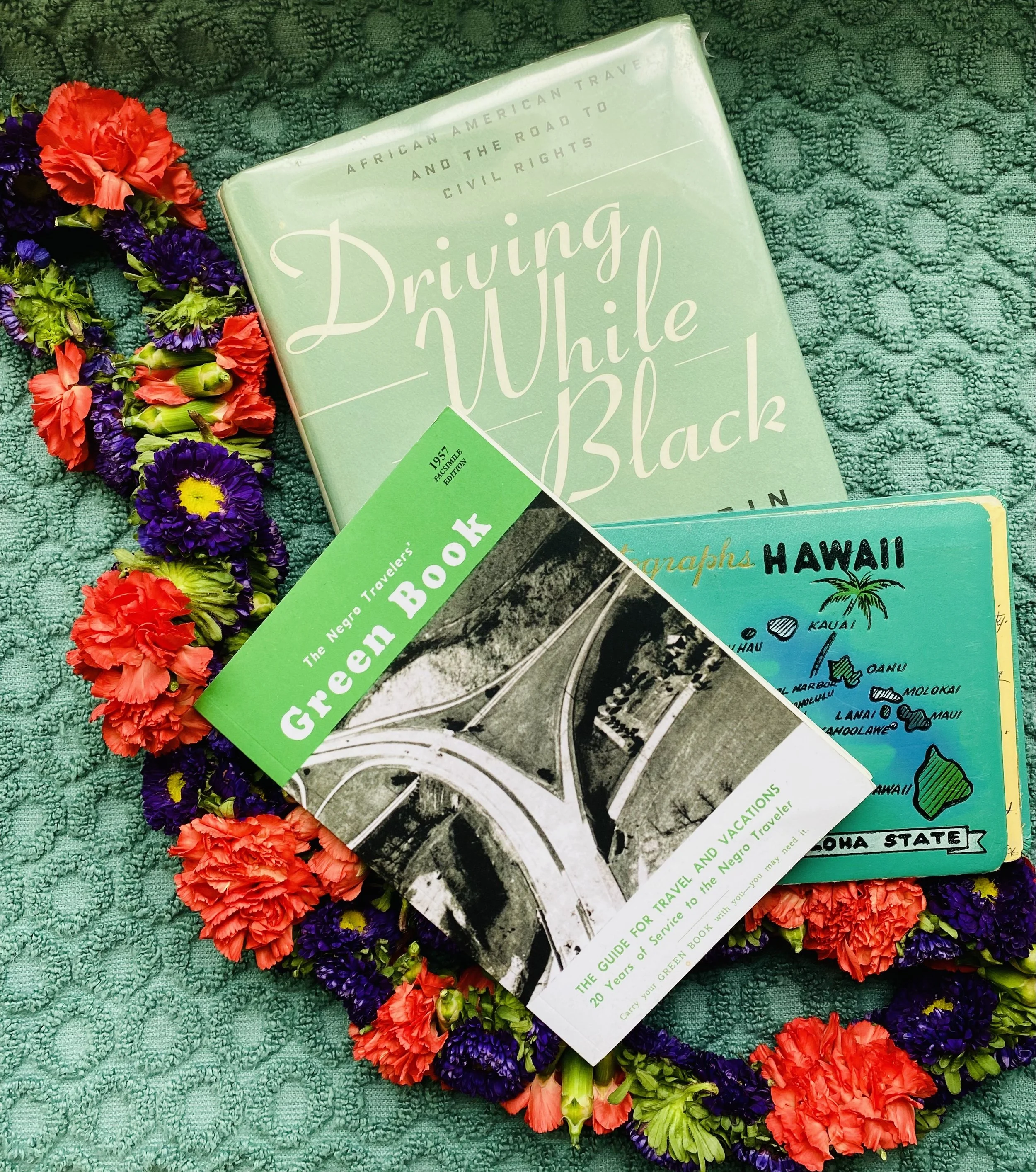HI ⟷ AL: Where are we going?
This September, the Pōpolo Project had the opportunity to travel with members of our Black community in Hawaiʻi to the Legacy Museum and the Memorial for Peace and Justice, two projects run by the Equal Justice Initiative in Montgomery, Alabama.
While connections between this work in Montgomery and our lives in Hawaiʻi may not seem obvious at first glance, as we travel to Alabama and connect with community members and elders of the Civil Rights Movement, we are learning lessons and building relationships we will bring home with us. All part of a long practice of solidarity travel.
Solidarity travel
Solidarity travel is the practice of traveling with the purpose of organizing, learning, and witnessing outside of your own place for the purpose of building mutual support between groups of people taking action for justice.
Solidarity travel was an important part of the Civil Rights Movement as many college students and activists from outside of the South traveled there to physically lend support, participating in actions, growing the visibility of the movement outside of the region, and bringing the stories of life on the ground home with them, raising the consciousness of their own communities.
In Hawaiʻi, solidarity travel has been an important way to resist extractive tourism. Groups like Hawaiʻi Peace and Justice and others have organized intentional introductions for visitors to the environmental justice, Indigenous sovereignty, and worker’s rights issues they call Detours—now represented in a collection called Detours: A Decolonial Guide to Hawai’i .
We’ll be in Alabama to learn about the long history of Black liberation organizing in places like Selma, Lowndes County, and Tuskegee.
We’ll come back to Hawaiʻi to share what we learn.

